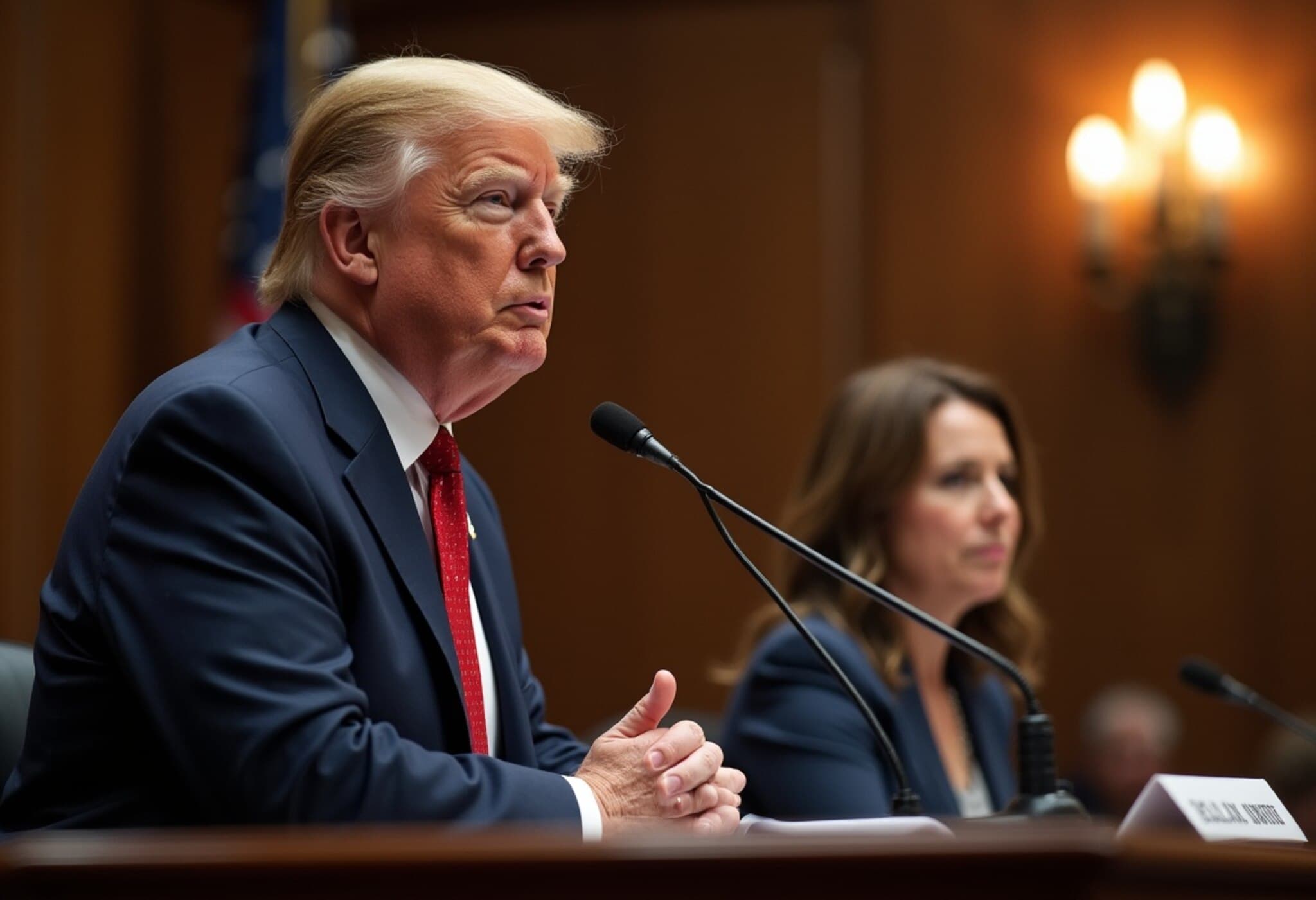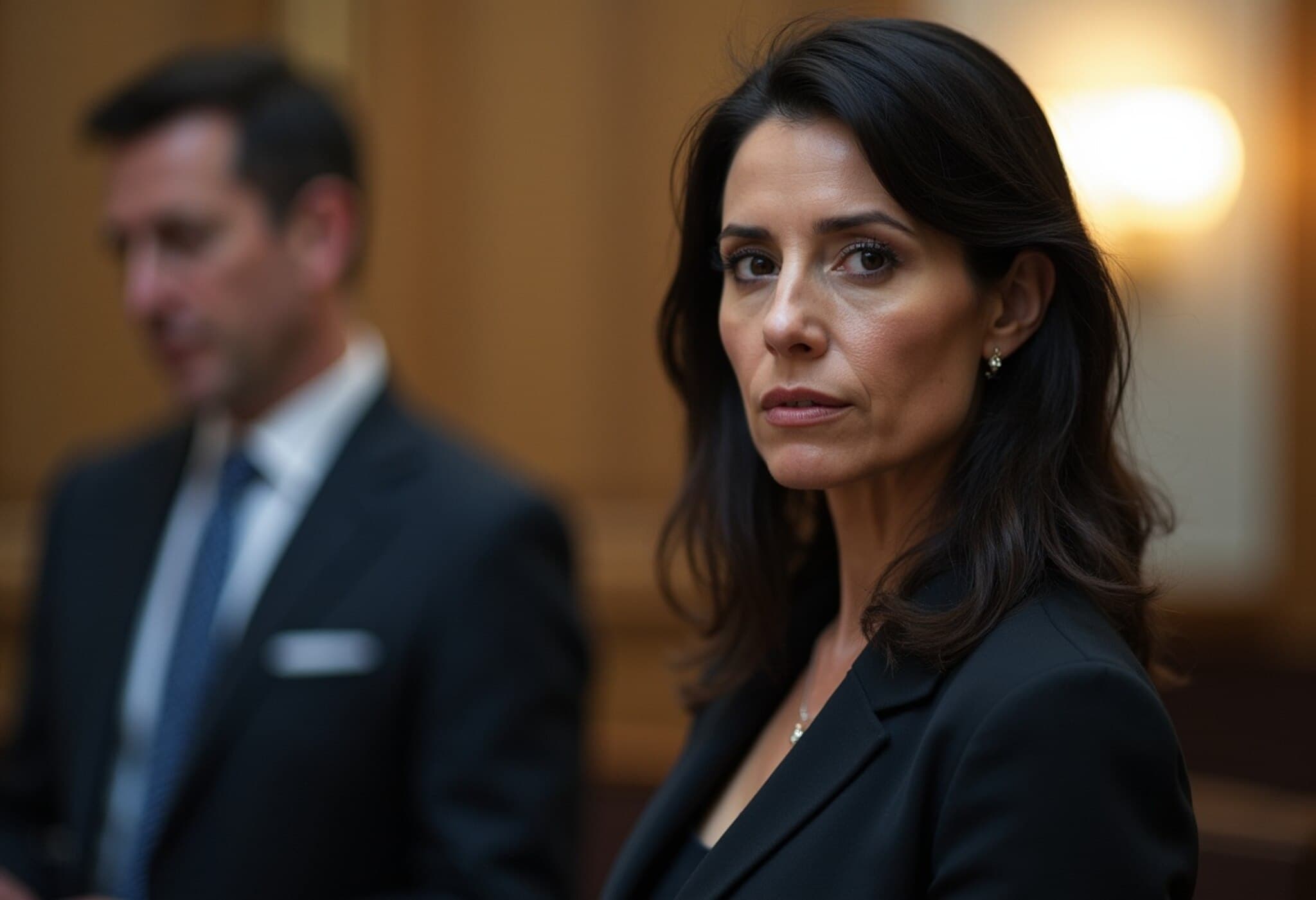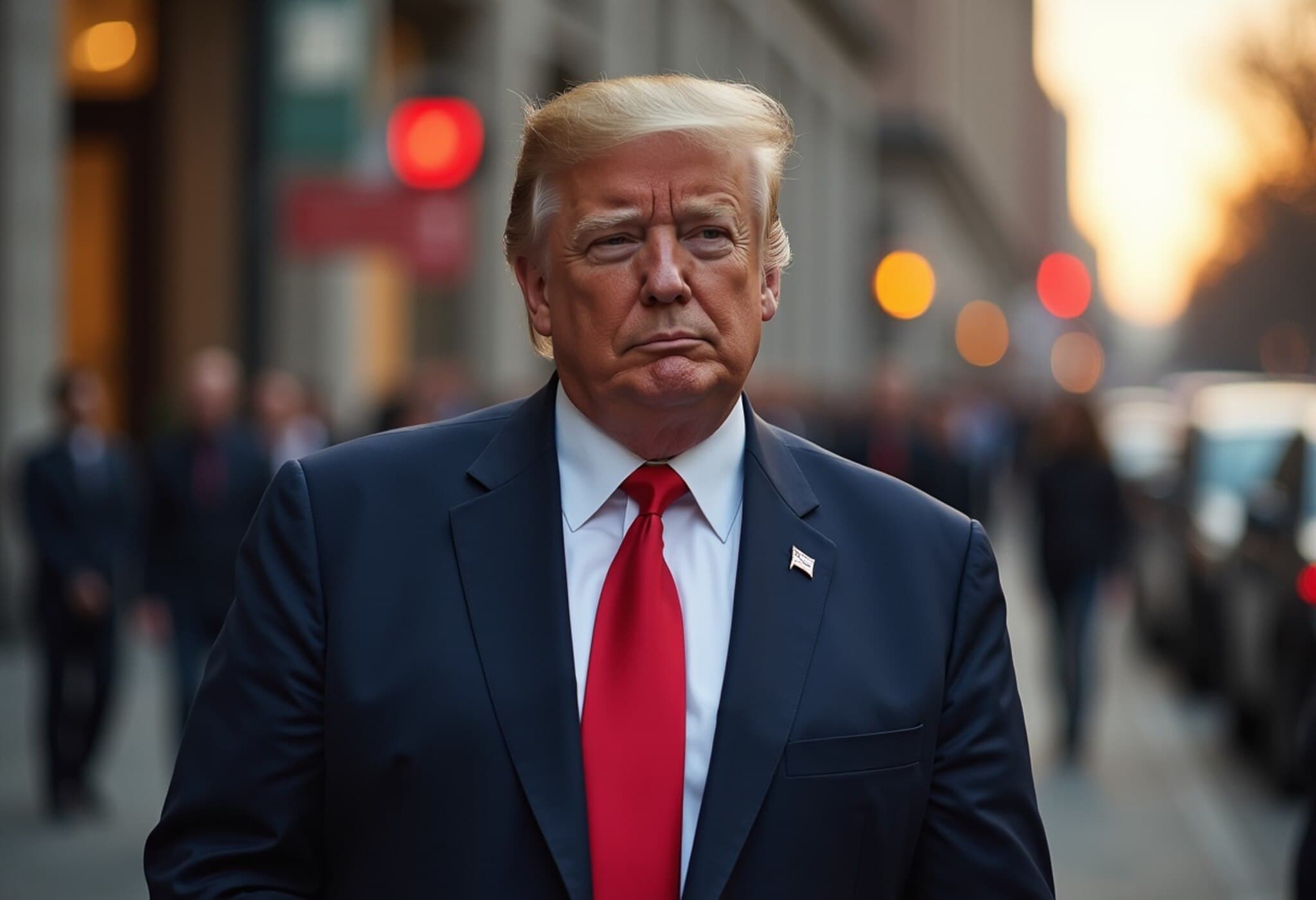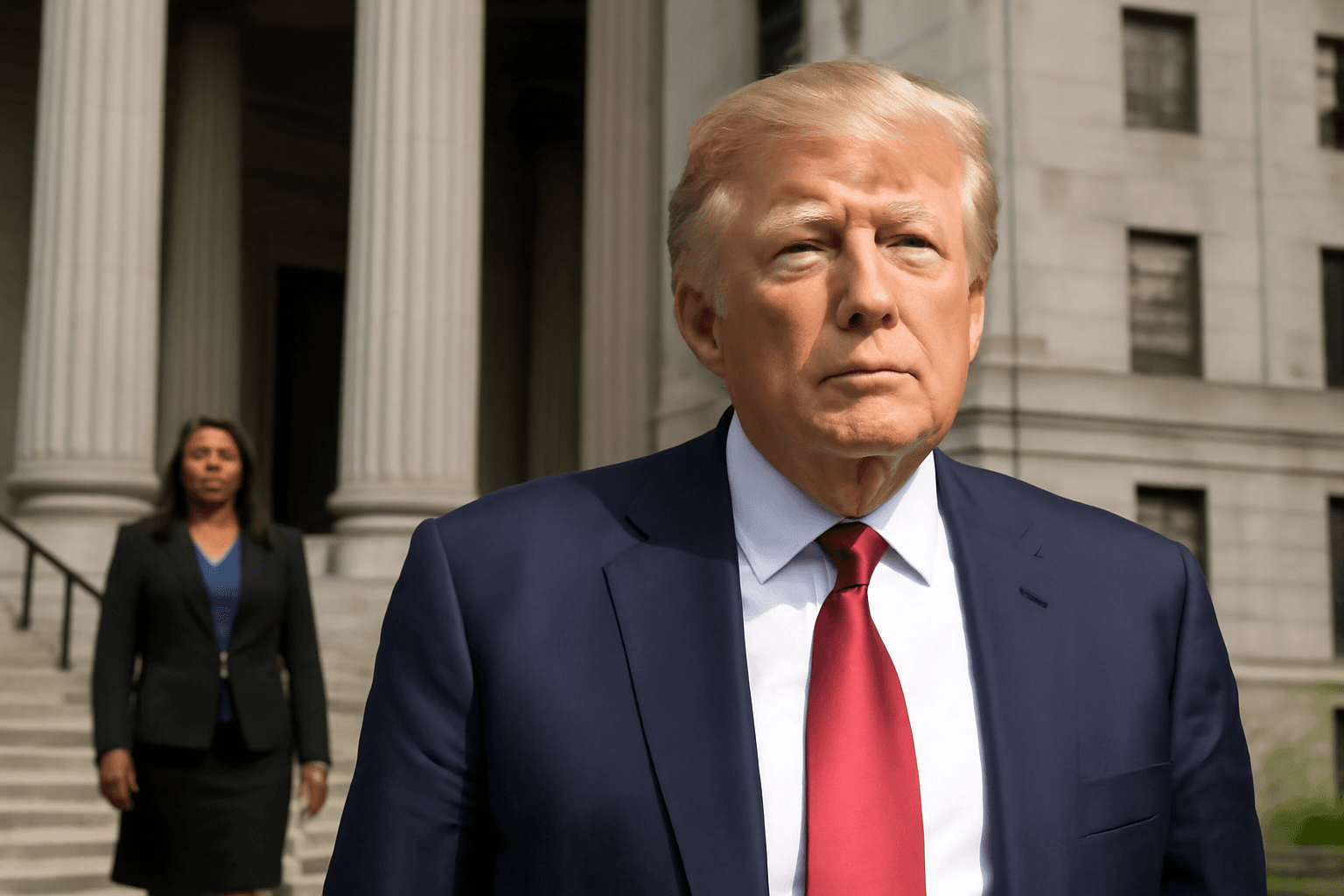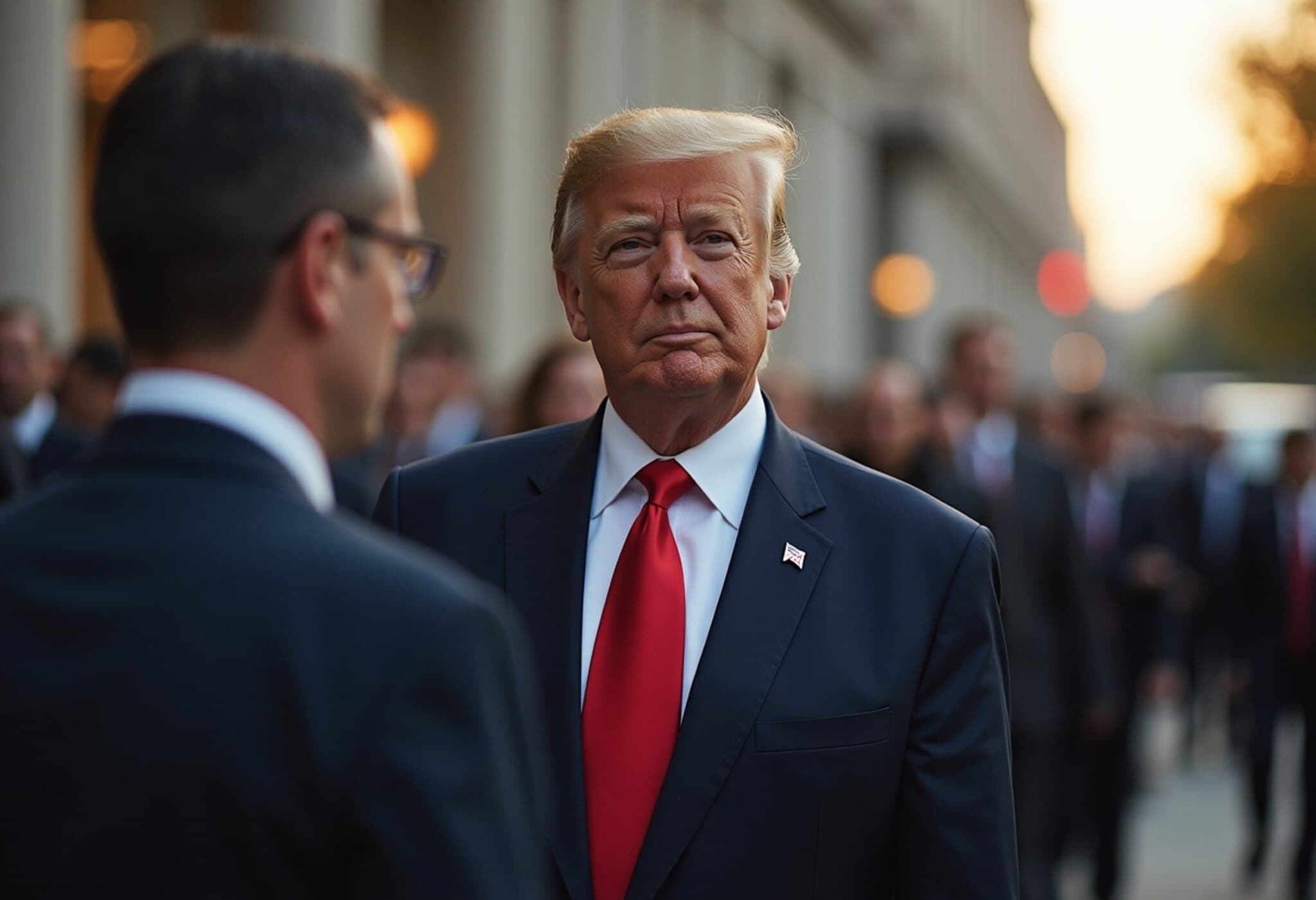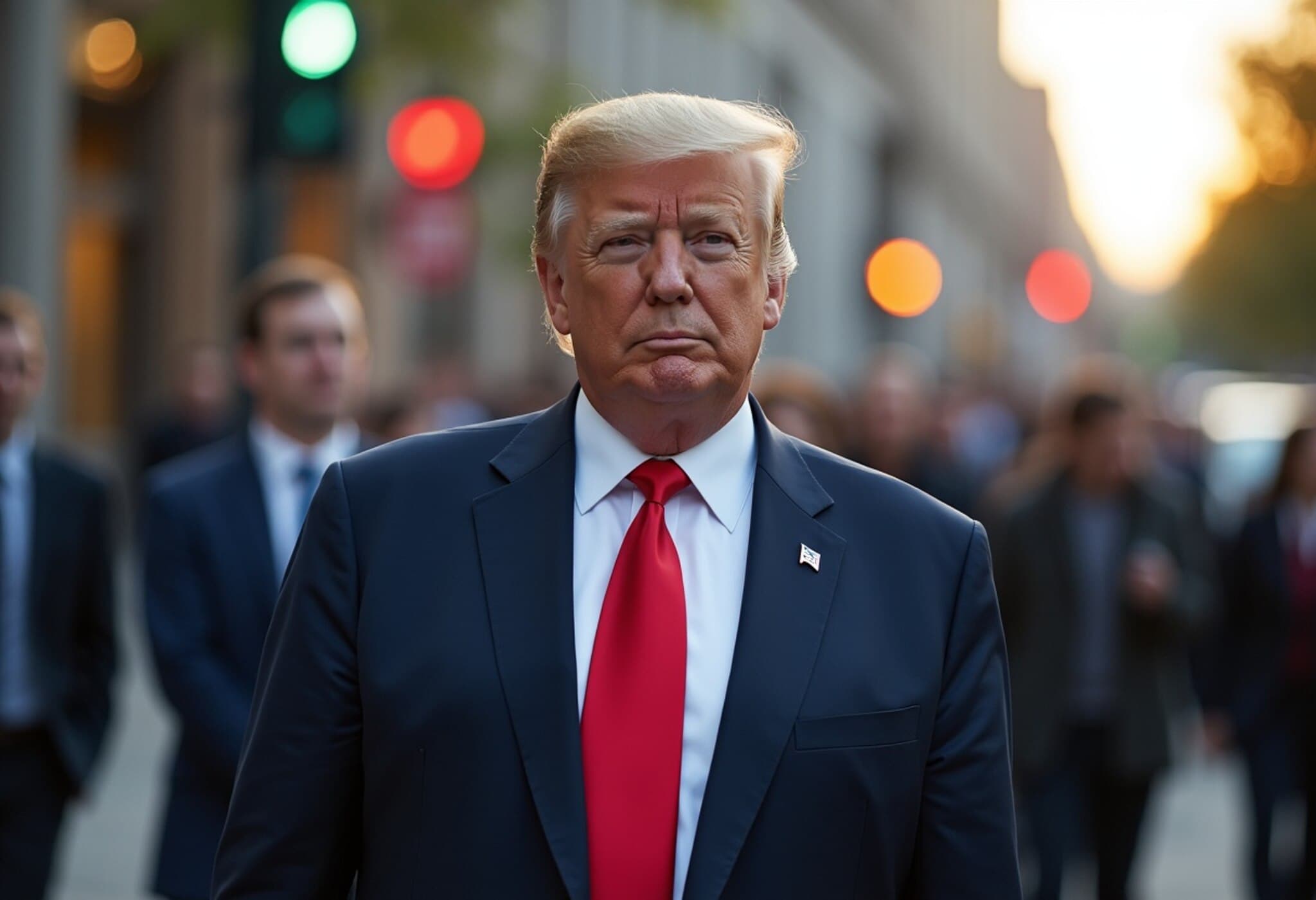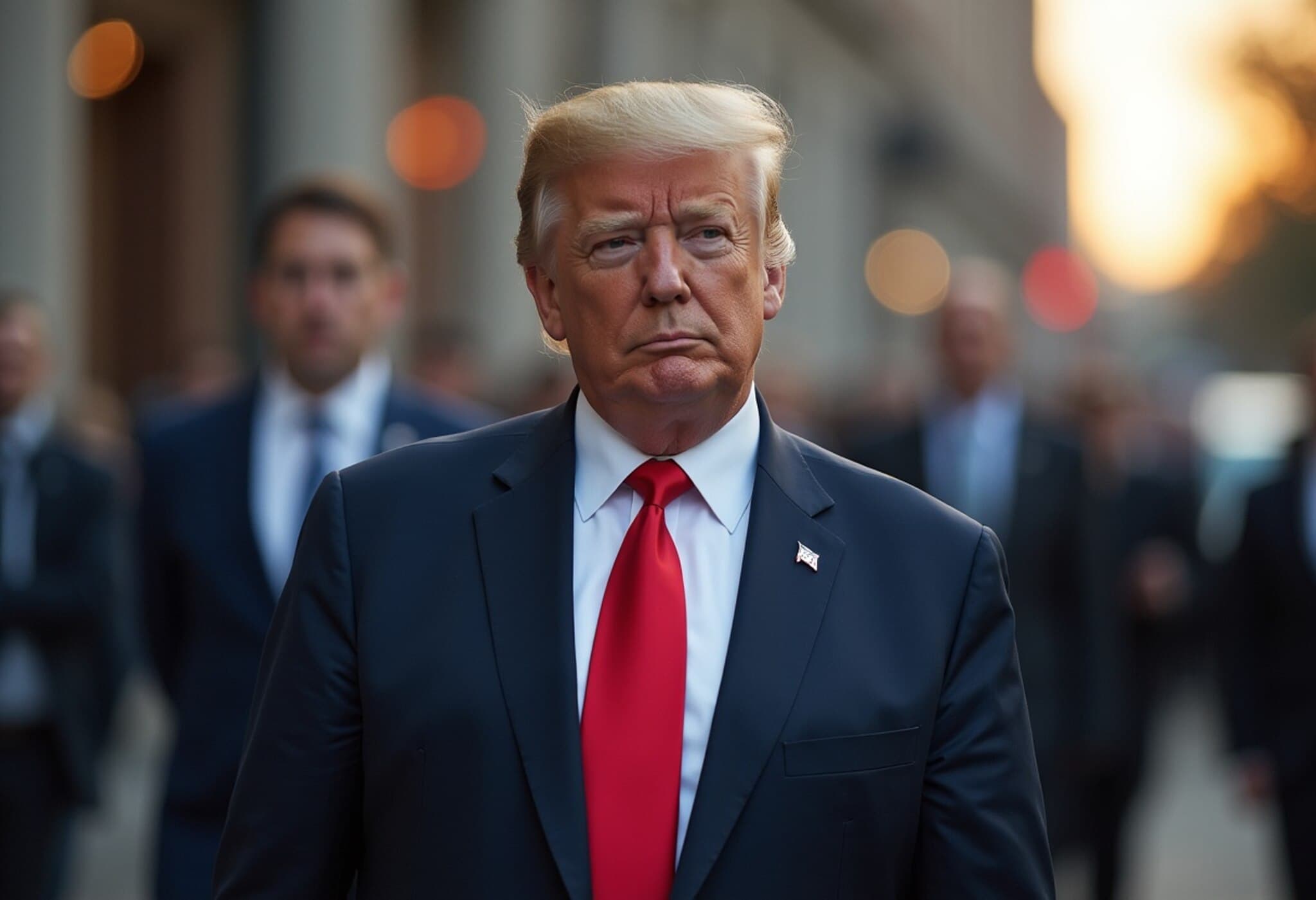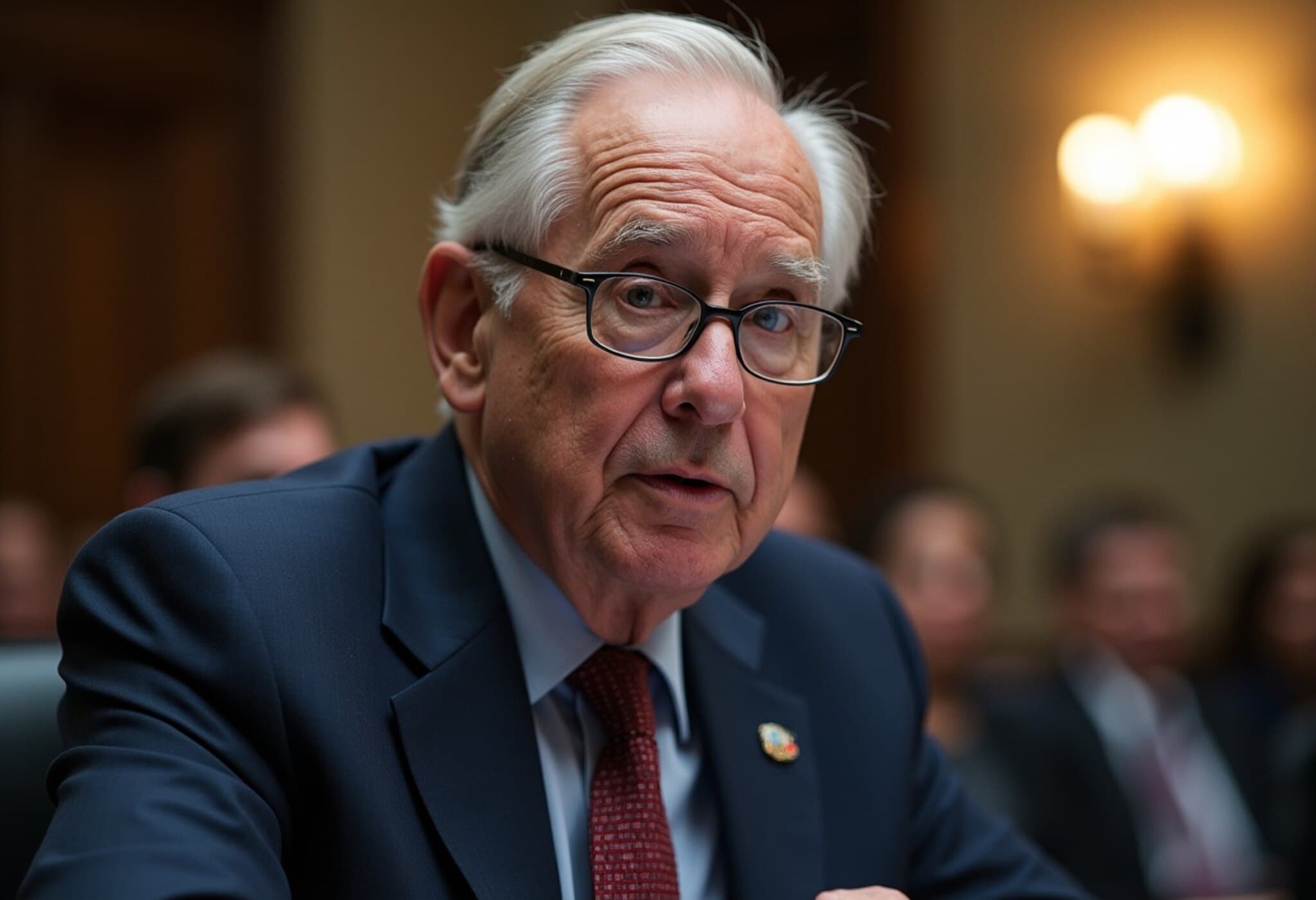Trump Accuses Obama-Appointed Judge of Bias in Harvard Lawsuit
In a charged courtroom drama unfolding in Boston, former President Donald Trump has launched a vehement attack on the federal judge overseeing the contentious lawsuit between his administration and Harvard University. The dispute centers around allegations of discrimination and the conditions tied to federal funding for the Ivy League institution.
Taking to his social media platform Truth Social, Trump did not mince words about Judge Allison Burroughs, who was appointed during the Obama administration. He labeled her a “TOTAL DISASTER” even before hearing her ruling, asserting that her oversight of various Harvard-related cases guaranteed a loss for "the People of our Country." Trump’s rhetoric reflected deep frustration with what he perceives as systemic unfairness in educational funding.
Allegations Against Harvard and Threats to Cut Federal Funding
Trump also accused Harvard of harboring anti-Semitic, anti-Christian, and anti-American sentiments despite its massive endowment, reportedly sitting at over $52 billion. He claimed much of the university’s wealth originates from the United States, and slammed the government’s continued funding of Harvard as unfair to other schools and institutions.
“The Government will stop the practice of giving many Billions of Dollars to Harvard, much of which had been given without explanation,” Trump stated, framing this step as a commitment to “Fairness in Funding Education.”
He further questioned how Judge Burroughs was assigned to these cases and vowed to appeal any unfavorable judgments, signaling a prolonged legal battle ahead.
Judge Burroughs Questions Administration’s Case Amid Constitutional Concerns
The hearing, which lasted approximately two hours, revealed the court’s skepticism about the Trump administration’s efforts to strip Harvard of billions in federal medical research funding. Judge Burroughs highlighted potential constitutional issues, particularly regarding due process and First Amendment rights.
According to reports by the New York Times, Burroughs pressed the Justice Department to clarify how cutting funds was related to the civil rights of Jewish people, challenging the executive branch’s authority to unilaterally label institutions as discriminatory without formal procedures.
“What I'm wrestling with is this idea that the executive branch can decide what is discriminatory or racist,” she said, emphasizing the dangers of arbitrary, ad hoc decisions lacking proper checks and balances.
Harvard's Lawsuit: A Fight Over Free Speech and Funding
Harvard's suit, filed just two months ago, accuses the Trump administration of infringing on its First Amendment rights by tying federal funding to the university’s compliance with politically motivated conditions. The university alleges that the government bypassed established protocols in its attempt to withdraw funding.
During the hearing, Harvard's attorney Steven Lehotsky described the administration’s actions as a “blatant, unrepentant violation of the First Amendment,” arguing that Harvard does not discriminate. Conversely, Justice Department lawyer Michael Velchik defended the administration’s stance, asserting the government’s prerogative in directing taxpayer money.
Judge Burroughs suggested that the outcome might hinge not only on constitutional protections but also on whether due process was observed—a critical procedural aspect often overlooked in heated policy disputes.
Looking Ahead: The Broader Implications for Higher Education and Federal Funding
This case transcends the specifics of Harvard and cuts to the heart of a national debate over the role of federal oversight in university funding and the boundaries of executive authority. Should the government be allowed to impose stringent political criteria on institutions as a lever for compliance? And how might such moves affect academic freedom and the impartial allocation of federal resources?
The dispute also surfaces critical questions about the politicization of education funding during polarized times—and whether such conflicts ultimately serve or undermine the public interest.
Regional and Policy Context
- Legal Perspective: The case tests constitutional limits, especially First Amendment protections, and the separation of powers between branches of government.
- Economic Impact: Harvard’s vast endowment and federal research dollars showcase the significant financial stakes involved.
- Policy Debate: This battle reflects the Trump administration’s broader agenda to hold elite institutions accountable for their social and political stances.
Editor’s Note
This legal confrontation between the Trump administration and Harvard University spotlights a deeper, unresolved tension: balancing executive power with constitutional safeguards in education funding. As the case evolves, it raises urgent questions about fairness, due process, and the shaping of academic values amid political conflict. Observers should watch closely—this battle is about more than just one university; it’s about the future contours of federal authority and free speech on American campuses.
Written by a team of experienced journalists and legal analysts committed to delivering nuanced and accessible coverage of pivotal national issues.

